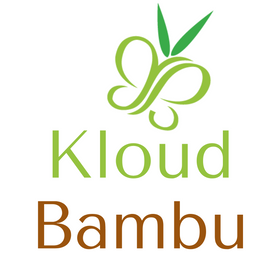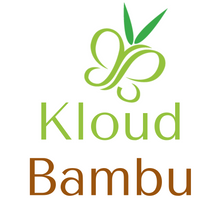10 Compelling Reasons Why Bamboo is Better than Cotton

In an era marked by environmental consciousness and sustainable living, the spotlight is increasingly turning towards alternative materials that offer both functionality and eco-friendliness.
One such material that has been gaining momentum is bamboo, a versatile and renewable resource that has proven to be a superior alternative to conventional cotton. From textiles to household items, bamboo's unique properties and minimal environmental impact make it a compelling choice.
Top 10 Compelling Reasons Why Bamboo Is The Best Choice Over Cotton
In this comprehensive article, we delve into the top 10 reasons why bamboo stands head and shoulders above cotton as a sustainable and practical choice for a wide range of applications.
Rapid and Abundant Growth
Bamboo is renowned for its exceptional growth rate. Unlike cotton, which requires extensive land use and resources, bamboo shoots up from the ground with astonishing speed.
Some bamboo species can grow up to 3 feet per day, making it a highly renewable resource that can be harvested without causing long-term damage to ecosystems.
Reduced Environmental Impact
The cultivation of conventional cotton places significant strain on the environment due to its heavy water consumption and pesticide use. Bamboo, however, requires a fraction of the water and no pesticides to thrive.
By choosing bamboo over cotton, consumers can contribute to water conservation and reduce the pollution associated with chemical applications.
Natural Pest Resistance
Bamboo's remarkable ability to resist pests naturally is a game-changer. Unlike cotton, which often necessitates the use of toxic chemicals to combat insects, bamboo's inherent properties discourage pests, minimizing the need for harmful interventions.
Water Efficiency
Bamboo's efficient water utilization is a stark contrast to the water-thirsty demands of cotton. This characteristic not only aids in sustainable farming practices but also reduces pressure on local water sources and supports communities facing water scarcity.
Soil Health and Erosion Prevention
Cotton farming leads to soil degradation and erosion, compromising its long-term fertility. Bamboo, with its robust root system, anchors soil, preventing erosion and promoting healthy land. This regenerative quality helps maintain soil integrity and supports sustainable agricultural practices.
Carbon Sequestration Champion
Bamboo is a carbon-absorbing powerhouse. Its rapid growth and high carbon sequestration capacity make it an invaluable player in mitigating climate change. Choosing bamboo products helps offset carbon emissions and contributes to a more sustainable planet.
Luxurious Comfort
When it comes to comfort, bamboo textiles excel. Bamboo fabric boasts a softness that rivals high-quality cotton, delivering a silky touch against the skin. Its naturally smooth fibers make it a preferred choice for clothing, bedding, and other applications where comfort is paramount.
Temperature Regulation
Bamboo fabric's natural thermo-regulating properties set it apart from cotton. It adjusts to the body's temperature, making it ideal for various climates. Bamboo's breathability ensures comfort in hot conditions and provides insulation during colder periods.
Hypoallergenic and Skin-Friendly
For those with sensitive skin or allergies, bamboo is a blessing. Its hypoallergenic properties minimize the risk of skin irritation, making it an excellent choice for baby clothes, bedding, and other personal items that come into direct contact with the skin.
Versatility in Applications
Bamboo's versatility spans across industries. It can be transformed into textiles, paper, construction materials, kitchenware, and more.
Unlike cotton, which is primarily used for textiles, bamboo's adaptability makes it a valuable resource that can replace less sustainable materials in a wide array of products.
Conclusion
As the world navigates the complex terrain of sustainability, bamboo emerges as a shining example of a resource that addresses multiple environmental and practical concerns.
From its rapid growth and minimal resource requirements to its superior comfort and adaptability, bamboo stands tall as a remarkable alternative to conventional cotton.
By choosing bamboo products, individuals contribute to a greener future, fostering a more sustainable planet for generations to come.
As consumers become increasingly conscious of their choices, the triumph of bamboo over cotton underscores the power of informed decisions to reshape industries and promote eco-friendly practices.





Leave a comment